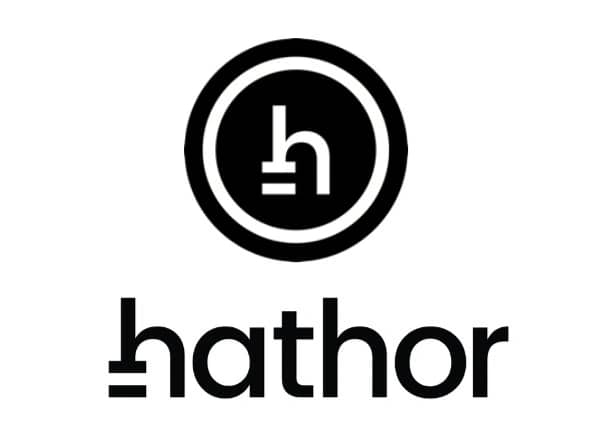Subscribe to wiki
Share wiki
Bookmark
Hathor
Hathor
Hathor is a digital platform for financial transactions and contracts with a unique combination of high scalability and high decentralization. It creates the perfect environment for multiple use cases where scale, efficiency, long-term security, and censorship resistance through network distribution combined are needed or can drastically cut current costs and bureaucracy.[1]
Overview
Hathor is a transactional consensus platform comprised of an entirely novel architecture, based on concepts from both directed acyclic graph (DAG) and blockchain technologies combined. Hathor solves the problem of scalability and decentralization maintenance among distributed ledger networks by including a chain of mined blocks inside a DAG of transactions. The blockchain ensures security when the number of transactions per second is small, whereas the DAG prevails when the number increases significantly.[2]
Hathor is the direct result of 7+ years of academic research from its founding members throughout which they have been stress-testing its assumptions and alpha versions.[3]
Hathor opted in for piggy-backing on the Bitcoin network of miners, so that its distributed ledger can and will also be validated by its network of miners. Hathor’s merged mining not only does not affect Bitcoin mining negatively, but also incentivizes its miners to keep their machines running, by giving HTR tokens to them at no extra cost.[2]
Main Features
Custom Tokens: Users can create their own digital token with customized specifications on Hathor Network with only one click. They will fully work under the same technical assumptions of high scalability and decentralized consensus of its native HTR tokens. These tokens will always work independently of the price of 1 HTR and they can serve multiple purposes: financial participation in a company (stock), mileage or loyalty points of a specific store or network, votes, ownership of digital goods such as website domains, etc.[3]
Nano Contracts: A simplified version of Smart contracts, in which two or more people transfer their funds to a special transaction through Hathor Network, called a Nano Contract, which is set to be resolved later. A contract is simply a set of rules applied to decide the final distribution of the funds, i.e., how many tokens each participant of the contract will receive. Another concept in Nano Contracts are the Oracles, which are agents that submit pieces of information from the real world (outside the network) into the network. [1]
Team
Marcelo Salhab Brogliato - Founder & CEO
Gabriel Aleixo - Co-Founder & Business Developer
Layla Mendes - Co-Founder & Head of the Foundation
Eric Nichols - Co-Founder & Lead Engineer
Yan Martins - Senior Engineer
Andréia Sodré - Software engineer
Jamil Civitarese - Finance & Economics Advisor
Christian Aranha - Crypto-Design Advisor
See something wrong?
